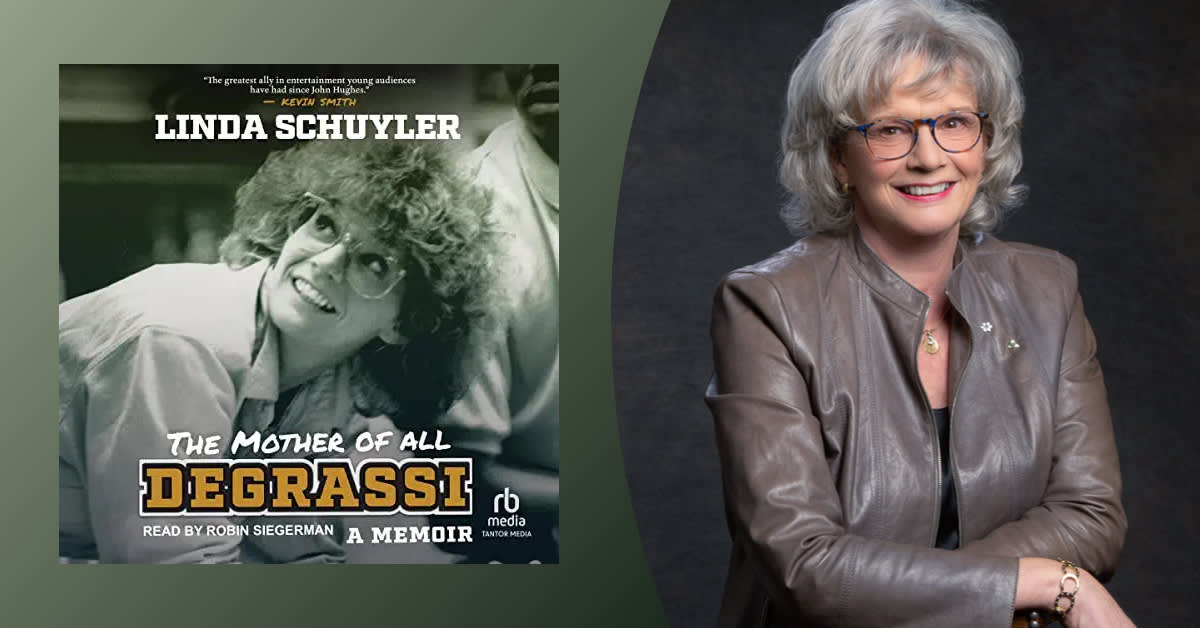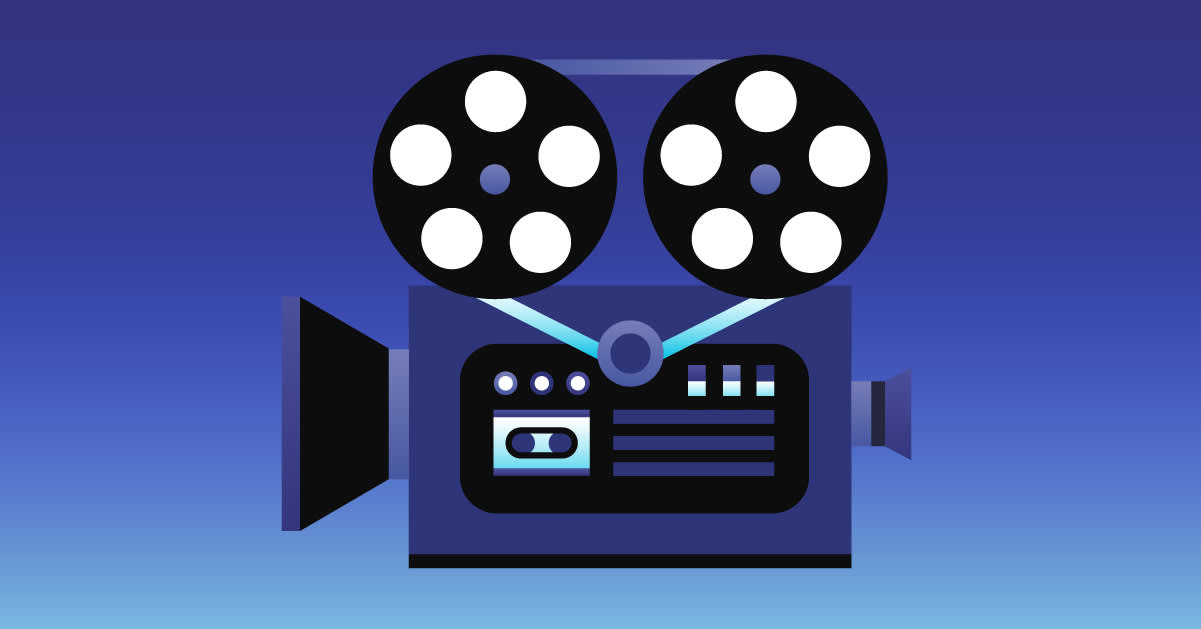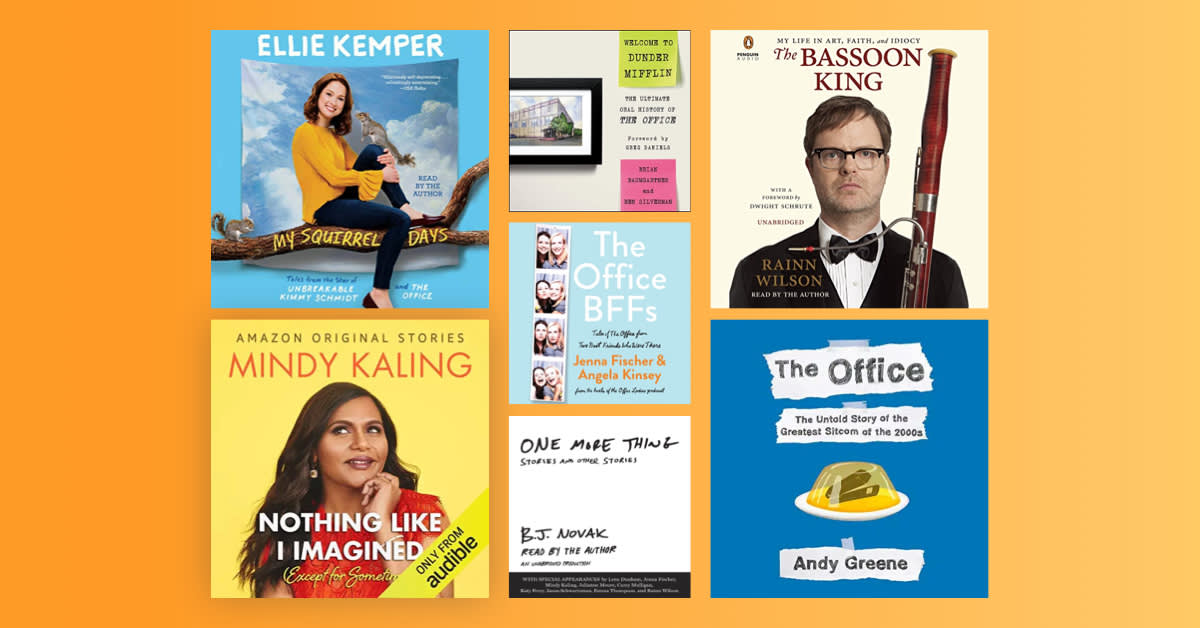Like many millennials, I spent my tween years obsessively tuning into The N to watch Degrassi: The Next Generation nightly. Here, I found kinship with fictional young adults navigating the same pain points—bullying, rifts with friends, the early lawless lands of social media, and the unbearable weight of middle school crushes—that burdened my day to day. We all had favorite characters, episodes, arcs, and seasons, but one thing was undisputed: This was a show unlike any other, one that felt almost conversational, totally free of condescension.
So when it was announced that Linda Schuyler, the co-creator of the Degrassi franchise, was releasing her first memoir, aptly titled, The Mother of All Degrassi, I waited in anticipation to hear her thoughts on how the show came to be and why it has resonated so strongly from generation to generation. Needless to say, she did not disappoint. In this interview, Schuyler goes there (pun intended, fellow Panthers) and beyond, discussing everything from her years as an educator to the lasting impact of one late Degrassi star.
Audible: In the preface to your memoir, you recount describing Degrassi as “the world’s longest-running anti-bullying campaign,” and in another moment, you touch on your collection of “Why I Do What I Do” binders, filled with notes from fans who found solace in the show’s unflinching approach. What is the value of honest, non-sensationalized storytelling, particularly for teens and young adults?
Linda Schuyler: From my eight years of experience as a junior high school teacher, I learned early on that teenagers don’t like to be talked down to. They have a strong need to feel respected and listened to. I took this knowledge to Degrassi storytelling and was fearless about the subject matter we would tackle.
My motto was: "If kids are talking about it in the school yard and in shopping malls, we should be talking about it on Degrassi." We also worked hard to neither sensationalize nor trivialize our stories. I believe that it was this respectful storytelling that resonated with young people across Canada and throughout the world.
With a run spanning decades in a number of different iterations, Degrassi has shifted to meet the conversations and issues prevalent to each subsequent generation. How did you and the show’s writers go about assessing the concerns of each moment? And in spite of the evolution of technology and society, are there some storylines or arcs that feel timeless and universal?
You raise an important point. With each passing year of the show’s production, our writers had to be mindful of the societal realities of the current teenage experience. For instance, when we started Degrassi: The Next Generation, our audience had access to computers and the wonderful world of the internet, something that the kids from Degrassi Junior High and Degrassi High could never have imagined.
As Degrassi: The Next Generation continued, we had to be very aware of the growing influence of social media and how it informed relationships, dating protocol, and information sharing. However, despite evolving times, one aspect of teen life remains constant—the many "firsts" teens experience as their bodies and minds grow and change. As they navigate the new terrain of emerging adulthood, they come face to face with new experiences of sexuality, freedom of expression, political differences, racial discrimination, and more. These challenges are consistent across the generations.
Is there a character from the wide world of the Degrassi franchise that you’d count as your favorite or perhaps the most personally resonant?
I’ve been blessed to work with so many amazing young people over the years and am grateful for their generosity of spirit. Perhaps the actor that had the most resonance to me was Neil Hope, who played Wheels. Neil and I became very close over the years, and he would often stay at our house when life got too challenging for him at his home. We lost touch after Degrassi High, and I was devastated when he was found dead at age 35 in a rooming house. I had created Degrassi to help reassure young people that they were not alone, yet Neil died alone. I’m still gravely saddened by that fact.
There is so much love and compassion in your memoir, especially when discussing your relationship with Bruce, a late coworker-turned-dear-friend to whom the book is dedicated. Can you reflect a bit on his impact on your life and on the composition of the show’s deeply necessary, groundbreaking LGBTQIA+ storylines?
In my dedication, I call my beautiful friend Bruce Degrassi’s "Queer, Queer Grandfather." In the 1970s and 80s, Bruce identified as a "queer queer." He was from a rough and tumble blue-collar family but secretly knew he was gay. Not only did he keep this a secret from his family but from his employers as well. In those days, it wasn’t possible to be a schoolteacher and be out.
I found it painful to have to witness firsthand Bruce’s duplicitous life. It made me sad that he couldn’t just be out. I didn’t want the next generation of teenagers to have to go through this. Bruce gets his grandfather status from the fact that he, as the school librarian, found the book for me called Ida Makes a Movie. This book became the pilot for The Kids of Degrassi Street, and Bruce’s house became the location for Ida’s house.
For the bulk of its run, the drama of Degrassi unfolds in the titular school building. How much did your background as an educator impact the creation of the show, its plot, and its unforgettable cast of characters?
Without my experience as a junior high school teacher, I doubt there ever would have been a Degrassi franchise.
Whatever It Takes, TV Powerhouse Linda Schuyler Advocates for Authentic Teen Storytelling
The co-creator and executive producer of the long-running "Degrassi" series opens up about the relationships and experiences that shaped the beloved Canadian teen soap.

Up Next

Go behind the scenes of the small screen with these television tell-alls
From retrospective podcasts to deep-dive cultural analyses, these listens will take you onto the set and into the writers' rooms of some of your favorite TV shows.

Tune into the best audiobooks and podcasts by sitcom stars

The best YA audiobooks for listeners of all ages
